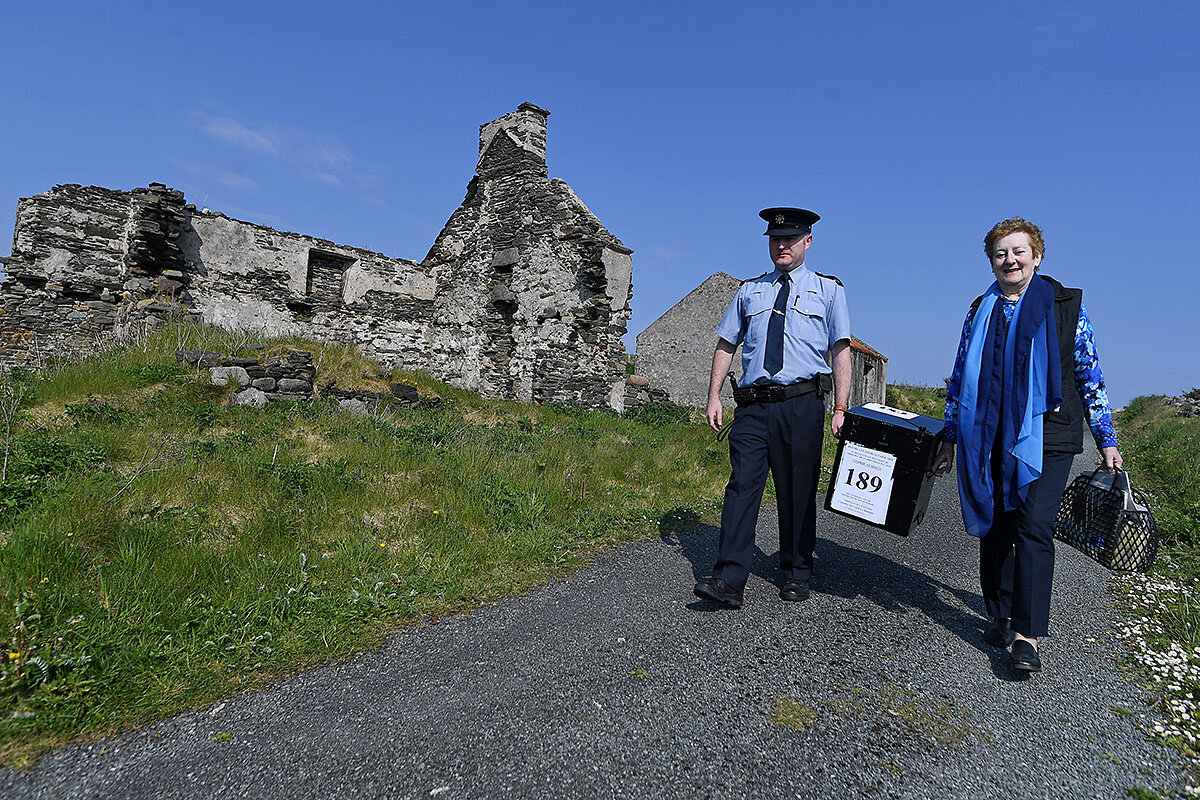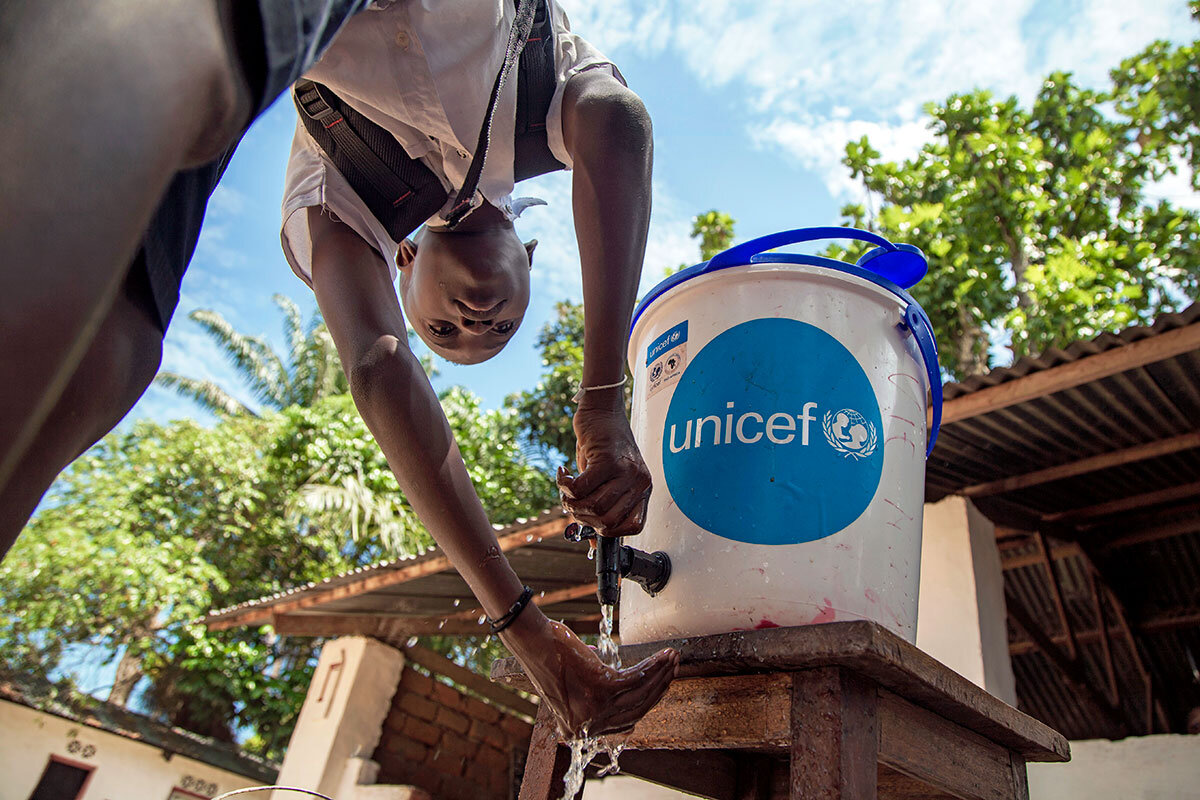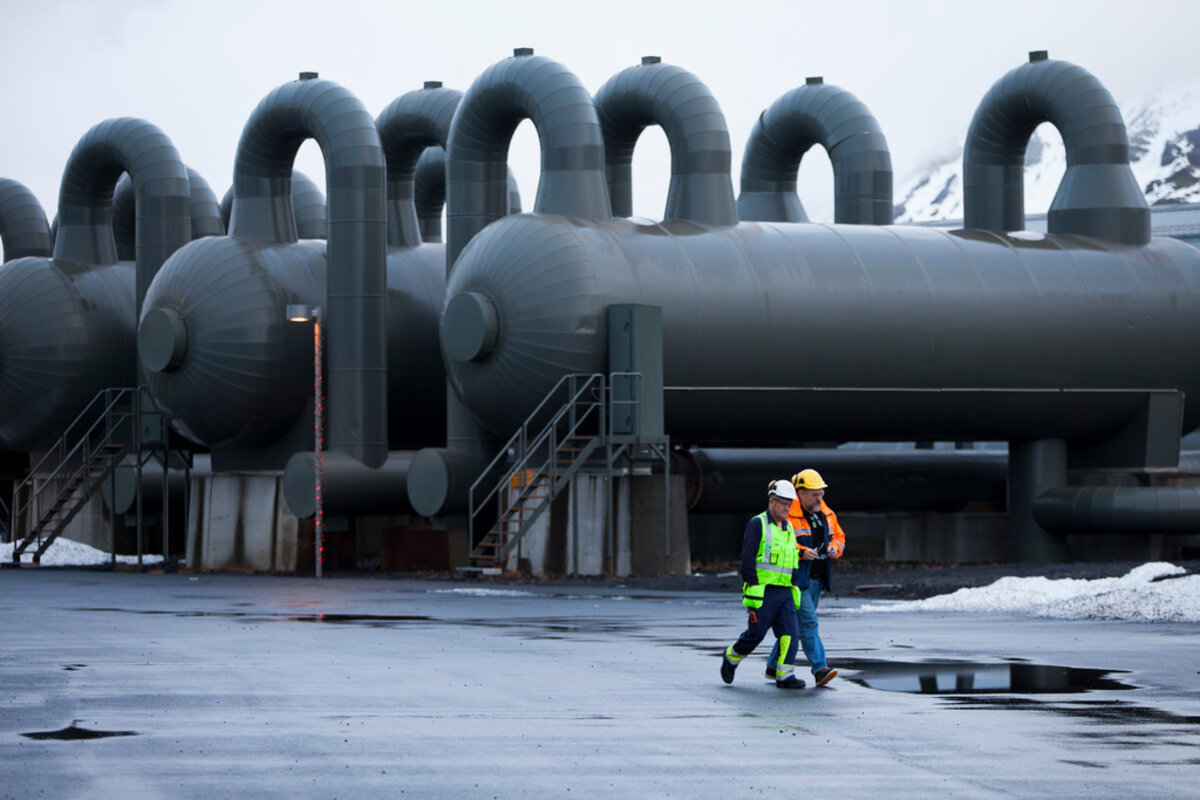Ireland has been forging a secular path in recent years: electing an openly gay prime minister, celebrating legalization of same-sex marriage. But its current debate over abortion has been deeply emotional and divisive. And the more we looked into why, the more we found that people saw paternalism in this referendum – and in Irish history.
Monitor Daily Podcast
- Follow us:
 Yvonne Zipp
Yvonne Zipp
It wasn’t the avocado toast.
Much has been made of cultural explanations of why Millennials put off homeownership and having kids – including . (Locally, avocados run two for $4 on sale, so I’ve never been sure how that would empty out anyone’s account.)
And it’s not their spending habits: Millennials actually save at a higher rate than baby boomers and Gen Xers, according to by the Federal Reserve Bank of St. Louis’s Center for Household Stability. All ages suffered financially during the Great Recession. But those born in the 1980s are the only group studied to have lost even more financial ground between 2010 and 2016.
Both Generation X and Millennials took severe financial hits, but because more Gen Xers went into debt to buy homes, their personal wealth recovered along with housing prices. Millennials, meanwhile, bet big on their futures, the college degrees they were told were the secret to financial security. As a result of that debt-load, the study says, they missed out on purchasing assets that would increase in value, putting those born in the 1980s in danger of becoming “members of a lost generation for wealth accumulation.”
The study does lay out reasons for hope for younger Americans: “Two reasons for optimism are that the 1980s cohort has many years to get back on track, and it is the most educated – hence, also potentially the highest-earning – group ever.”
Before we get to our five stories of the day, staff writer Peter Grier examines three of the most immediate questions in the wake of today’s cancellation of the US-North Korea summit. We’ll be looking at the long-term prospects for peace on the Korean Peninsula next week.













